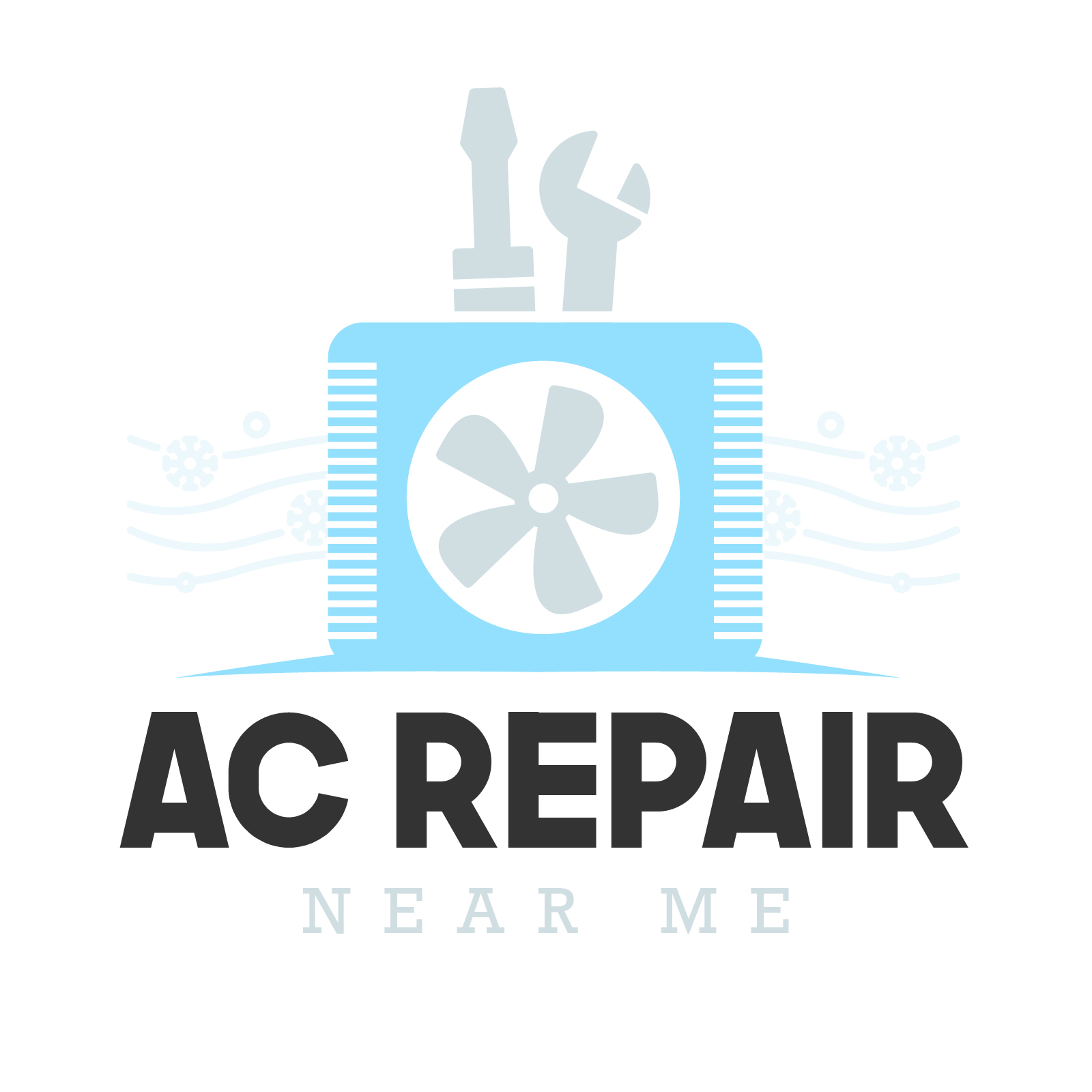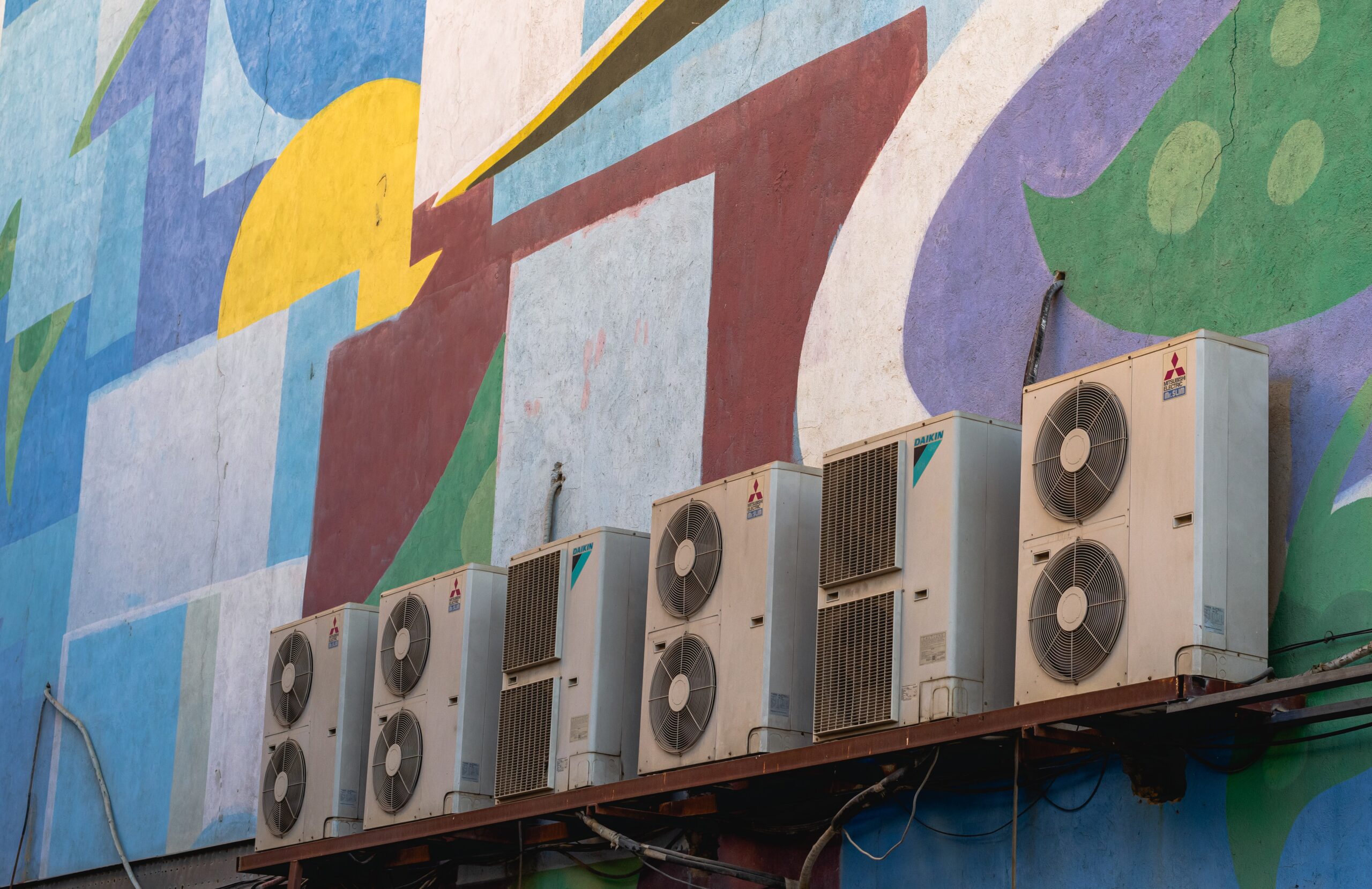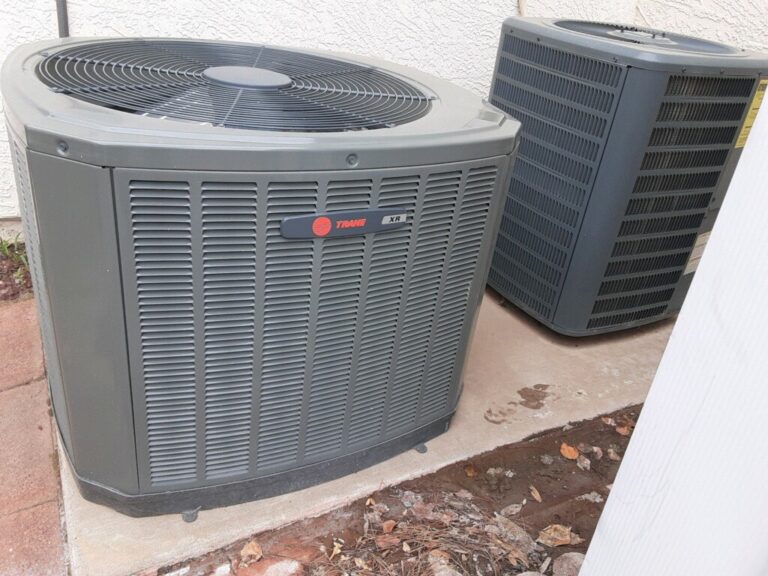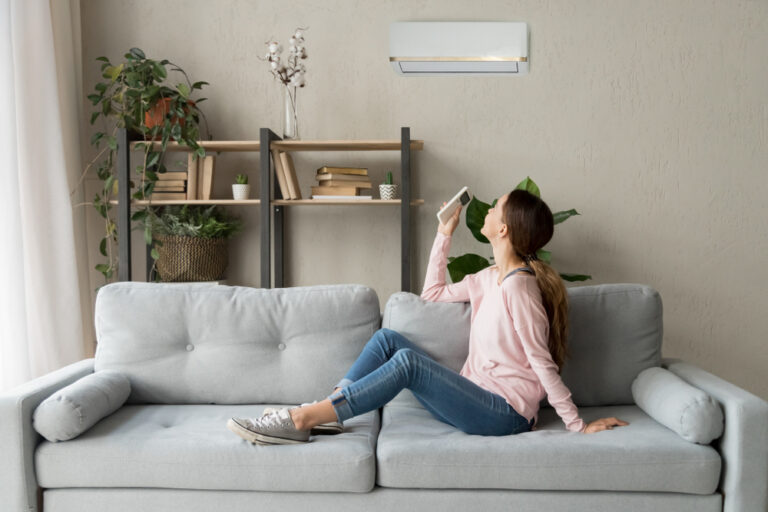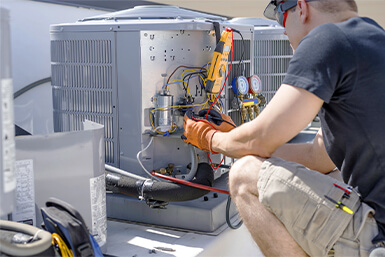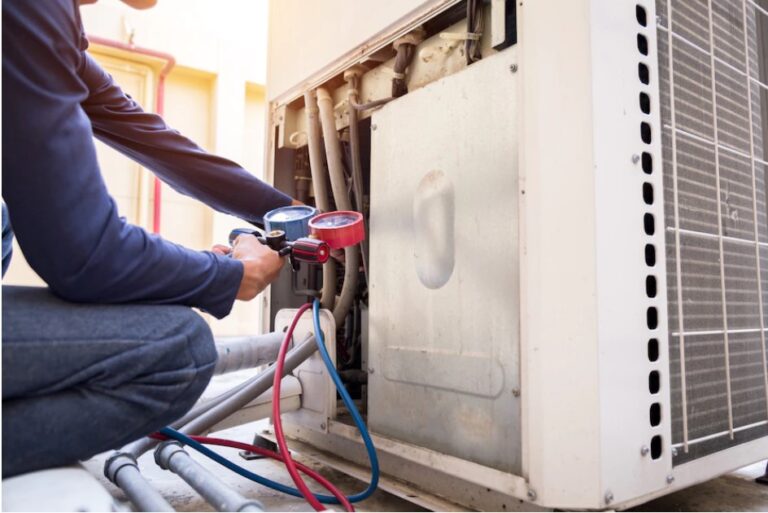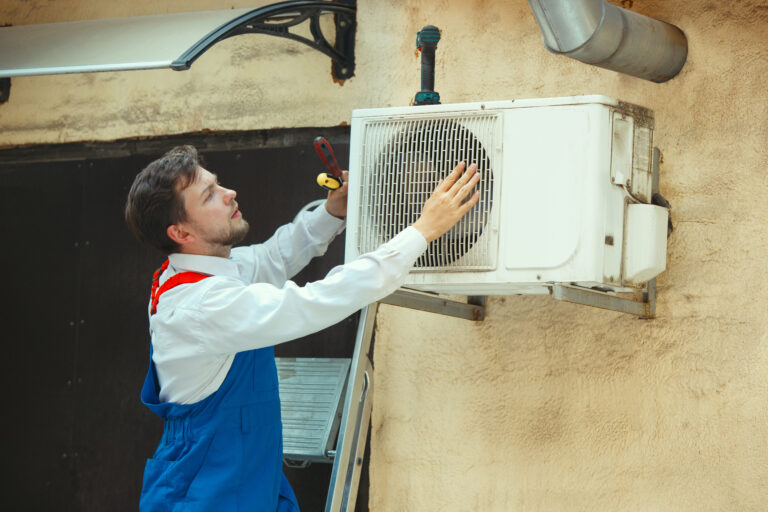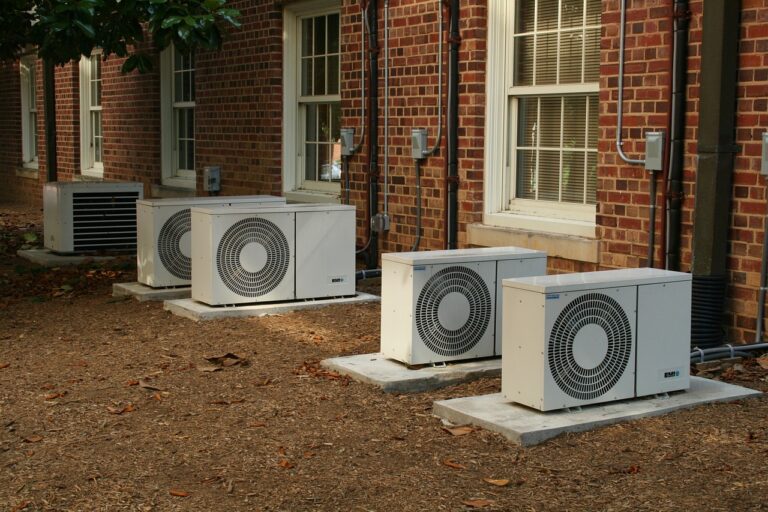Air Conditioning Issues Which Typically Happen in the summertime
Why does my AC unit struggle in the summer?
There are a few reasons why your AC unit might be struggling during the summer months. One reason could be that the unit is not properly sized for your home. If the unit is too small, it will have to work overtime to try to cool your home, which can lead to a variety of issues. Another reason could be that the unit isn’t properly maintained. A dirty filter, for example, can cause the unit to work harder than it needs to and can lead to a breakdown. Finally, extreme heat outside can also make it difficult for your AC unit to keep your home cool. If you live in an area that experiences high temperatures and humidity, this can be especially challenging for your AC unit.
How can I prevent my AC unit from breaking in the summer?
There are a few things you can do to prevent your AC unit from breaking in the summertime. First, make sure that you change the filters regularly. This will help to keep the unit clean and free of debris. Second, have the unit serviced by a professional on a regular basis. This will help to keep it running smoothly and ensure that all of the parts are working properly. Finally, be sure to keep an eye on the thermostat and don’t let it get too high. If the temperature inside your home gets too hot, it can cause the AC unit to overwork itself and break down.
How do I know if my AC unit is low on Freon?
If your AC unit is low on Freon, you may notice some issues which typically happen in the summertime. For example, your unit may not be cooling your home as efficiently as it used to, or you may hear strange noises coming from the unit. If you suspect that your AC unit is low on Freon, it’s important to contact a professional for help. They can test the level of Freon in your unit and add more if needed.
Why is my AC unit not cooling my home?
If you’re like most people, you rely on your air conditioner to keep your home cool and comfortable during the hot summer months. So, when your AC unit stops working properly, it can be a real inconvenience.
There are a number of reasons why your AC unit might not be cooling your home effectively. Here are some of the most common issues that can cause problems with your air conditioner:
1. Dirty Air Filters: One of the most common reasons for AC units not working properly is dirty air filters. If the air filter is clogged with dirt and debris, it can restrict airflow and prevent the unit from operating at peak efficiency. To fix this problem, simply clean or replace the air filter as needed.
2. Low Refrigerant Levels: Another common issue that can cause AC units to underperform is low refrigerant levels. If there’s not enough refrigerant in the system, it can prevent the unit from cooling properly. This is usually due to a leak in the system, which will need to be repaired by a professional before new refrigerant can be added.
3. Fan Problems: Another potential issue that could be causing your AC unit to struggle is fan problems. Both the indoor and outdoor fans play an important role in the cooling process, so if either one isn’t working correctly, it could impact performance. To troubleshoot fan issues, first check to make sure that both fans are turned on and set to the correct speed setting (usually “high”). If both fans appear to be working correctly but still aren’t moving enough air, then there may be an issue with the motor or blades and you’ll need to call a professional for assistance.
4 . Thermostat Issues: Thermostat Issues Last but not least, thermostat issues could also be preventing your AC unit from doing its job properly . If your thermostat isn’t set correctly , it won ‘ t send signals telling your AC unit when to turn on or how high/low to set the temperature , resulting in inefficient operation . In addition , old or outdated thermostats may simply not work as well as newer models , so if yours is more than a few years old , it might be time for an upgrade .
Why does my AC unit keep turning on and off?
There are a few reasons your air conditioner might keep turning on and off. One possibility is that the thermostat is set to “on” instead of “auto.” When it’s set to “on,” the fan will run all the time, even when the air conditioner isn’t cooling. This can waste a lot of energy and make your home uncomfortably warm. Another possibility is that there’s something blocking the airflow to your AC unit. This could be anything from leaves and dirt to furniture or toys. If there’s not enough airflow, the AC unit will turn on and off frequently in an attempt to cool the room. Lastly, it could be an issue with the AC unit itself. If it’s old or hasn’t been maintained properly, it might not be able to cool your home effectively. If you’re having trouble with your AC unit, call a professional for help.
How do I clean my AC unit?
The summertime is when your AC unit will be worked the hardest. It’s important to keep it clean so that it can function properly and efficiently. Here are some tips on how to clean your AC unit:
1. First, turn off the power to the unit. You don’t want to be working with an electrical appliance while it’s turned on.
2. Next, remove the outer cover of the unit. This will give you access to the coils and other parts that need to be cleaned.
3. Use a soft brush or vacuum attachment to gently remove any dirt or dust that has accumulated on the coils and other parts. Be careful not to damage any delicate components.
4. Once you’ve removed all of the visible dirt and dust, rinse off any remaining debris with water from a garden hose.
5. Allow all of the parts to air dry completely before reassembling the unit and turning it back on again
How often should I have my AC unit serviced?
As the weather begins to warm up, it’s time to start thinking about AC maintenance. After all, you don’t want your unit to break down in the middle of a heatwave! But how often should you have your AC serviced?
The answer may vary depending on who you ask, but most experts recommend having your AC unit serviced at least once a year. This ensures that any potential problems are caught early and can be fixed before they become bigger issues.
If you live in an area with extended periods of hot weather, or if your AC unit gets a lot of use, you may need to have it serviced more often. Some people choose to have their units serviced every six months, just to be safe.
Of course, regular servicing is only part of keeping your AC unit in good shape. You also need to make sure that you’re using it properly and not overload it by running it all day long. Following these simple tips will help extend the life of your AC unit and keep it running smoothly all summer long!
What are some common AC issues which typically happen in the summertime?
There are a few different issues that can occur with your AC unit during the summer. The most common issues are:
1. Your AC unit is not cooling your home as efficiently as it should be. This could be due to a number of factors, such as: the unit is old and needs to be replaced; the filters are dirty and need to be replaced; or there is something blocking the airflow to the unit.
2. Your AC unit is making strange noises. This could be due to a number of factors, such as: the compressor is failing; there is something loose inside the unit; or the fan blades are hitting something inside the unit.
3. Your AC unit is leaking water. This could be due to a number of factors, such as: the evaporator coil is frozen; there is a clog in the drain line; or the condensate pan is full.
4. Your electricity bill has increased significantly since running your ACunit more frequently than usual.. This could be due to a number of factors, Such as:: you have an old and inefficient AC unit that needs to be replaced; you have leaks in your ductwork which are causing cool air to escape; or your home isn’t properly insulated which causes cool air to escape through cracks and gaps in your home’s envelope
